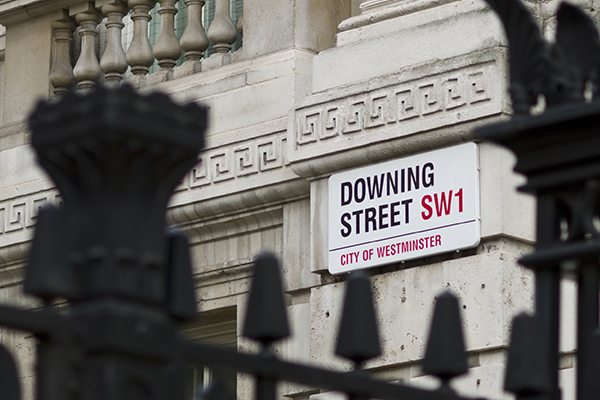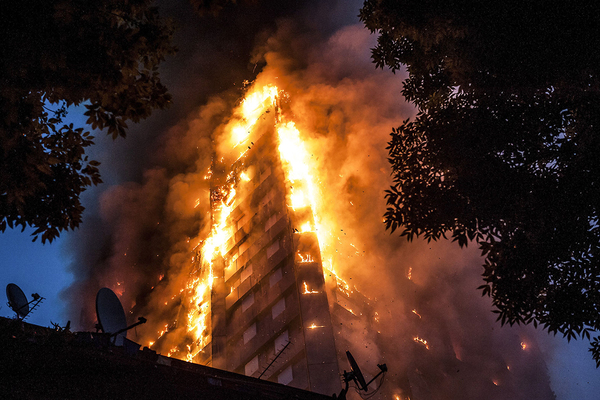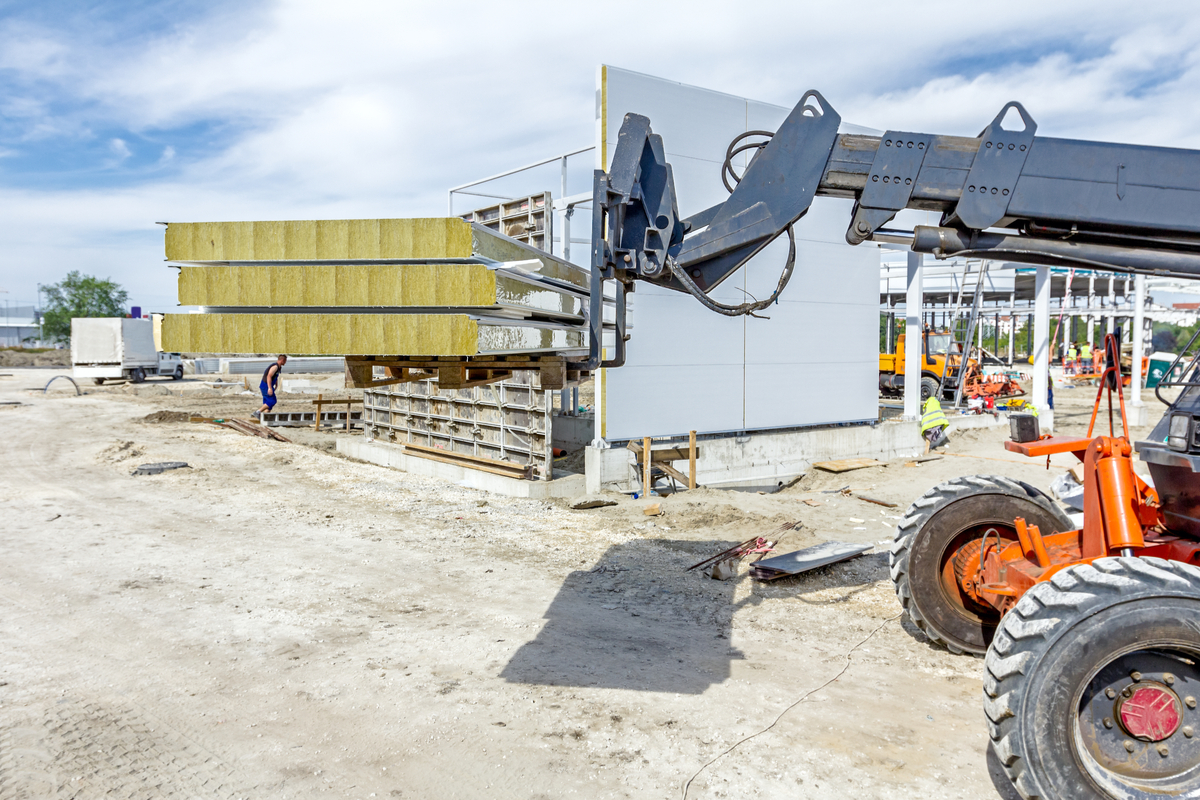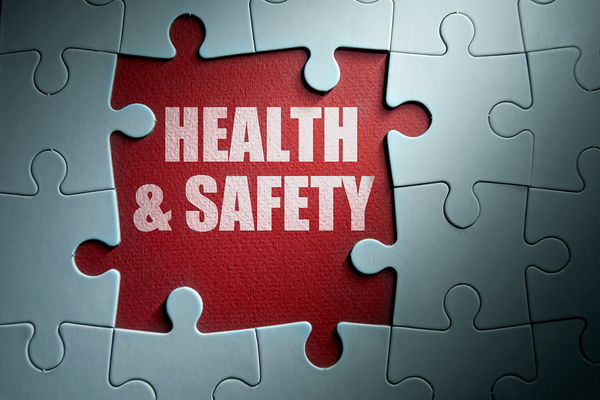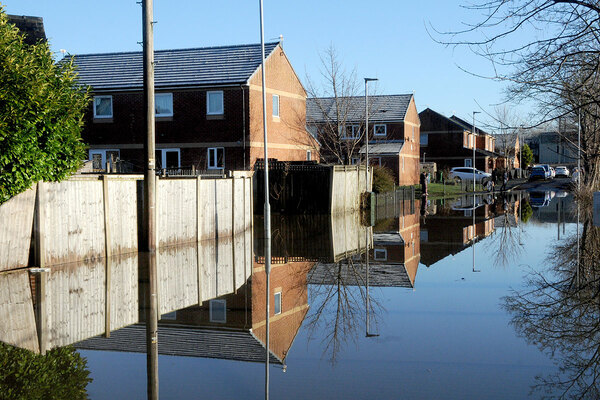Sixty towers fail government safety tests
The number of buildings with potentially flammable cladding rose to 60 over the weekend, in towers spread across 25 local authority areas.
Panels from the buildings failed combustibility tests carried out by the Building Research Establishment (BRE) on behalf of the government.
In a statement on Saturday, after 34 buildings had been confirmed unsafe, Sajid Javid, communities secretary said that accounted for 100% of the samples tested.
He also said councils were "very sensibly giving the highest priority to buildings with which they have most concern".
In further updates over the weekend:
- Camden evacuated residents from five blocks on the Chalcots Estate in the north London borough, after deeming the buildings unsafe
- Sajid Javid, communities secretary, said in a statement that this was due to “multiple other fire safety failures” identified within the building, as well as combustible cladding.
- In the same statement, Mr Javid said “we should not be in the position where buildings have such cladding on them”, but stopped short of saying the cladding found breached building regulations
The government is testing cladding on 600 buildings up and down the country, as it seeks to prevent another Grenfell-style disaster.
That fire, which has left at least 79 dead or missing presumed dead, spread quickly across the outside of the building with cladding and the insulation material behind it later proving combustible under testing.
Grenfell Tower was clad in aluminium composite panels with a polyethylene core, with insulation made of polyisocyanurate foam.
In a statement Mr Javid said: “We expect that authorities and landlords are very sensibly giving the highest priority to buildings with which they have most concern. But we should not be in the position where buildings have such cladding on them. How this occurred – and preventing this from happening again – is likely to be a key question for the public inquiry.”
In Camden, the council originally decided to evacuate residents from just one of the five blocks on Friday evening, but later decided to evacuate all five.
The council first discovered the cladding on Thursday. It is seeking legal advice as it claims it had asked for fire-resistant rock wool insulation to be installed.
Residents were advised to pack bags with belongings for “two to four weeks” and are being offered temporary accommodation in hotels of up to £200 per night.
On Sunday evening, the council said it was “close” to an agreement with developer Sisk to allow residents to move temporarily into flats in a new development.
Mr Javid said: “The decision by Camden Council to evacuate… towers on the Chalcots Estate was because the failed testing of the external cladding was compounded by multiple other fire safety failures which the fire inspection team found within the buildings.”
Georgia Gould, leader of Camden Council, said: “We realise that this is hugely distressing for everyone affected and we will be doing all we can, alongside the London Fire Brigade and other authorities, to support our residents at this difficult time. The Grenfell fire changes everything – we need to do everything we can to keep residents safe.”
Areas where cladding has failed safety tests
|
1 |
Barnet |
3 |
|
2 |
Brent |
1 |
|
3 |
Camden |
5 |
|
4 |
Doncaster |
1 |
|
5 |
Hounslow |
1 |
|
6 |
Islington |
1 |
|
7 |
Lambeth |
1 |
|
8 |
Manchester |
4 |
|
9 |
Norwich |
1 |
|
10 |
Plymouth |
3 |
|
11 |
Portsmouth |
2 |
|
12 |
Stockton on Tees |
3 |
|
13 |
Sunderland |
5 |
|
14 |
Wandsworth |
2 |
|
15 - 25 |
An additional 11 areas the government is not naming |
27 |
